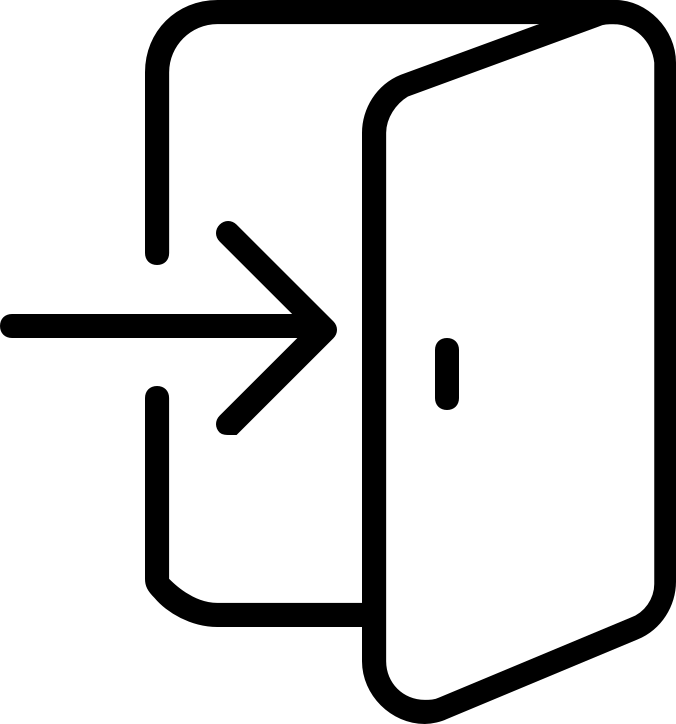Understanding the Totally different Types of Addiction Recovery Centers
Addiction is a posh and deeply personal wrestle that affects millions of individuals worldwide. The road to recovery often requires professional help, and addiction recovery centers play a critical function in this journey. Nonetheless, not all recovery centers are the same. Understanding the different types of addiction recovery centers can help individuals and families make informed selections about treatment options that align with their wants, preferences, and circumstances.
1. Inpatient or Residential Treatment Centers
Inpatient treatment centers, also known as residential rehab, provide a structured environment where patients live on-site during their recovery process. These centers provide 24/7 medical and emotional support, making them ideal for individuals with severe addictions, co-occurring mental health points, or those who have relapsed multiple times.
Typically, inpatient programs last from 30 to 90 days, although longer stays are potential depending on the individual’s progress. The daily routine typically consists of individual counseling, group therapy, academic classes, and wellness activities similar to yoga or meditation. Being removed from the distractions and triggers of daily life permits individuals to fully concentrate on their recovery.
2. Outpatient Treatment Centers
Outpatient treatment centers enable individuals to obtain treatment while continuing to live at home and preserve work or family responsibilities. These programs are perfect for these with mild to moderate addictions or for individuals who’ve already completed an inpatient program and want continued support.
Outpatient care ranges in intensity. Customary outpatient programs typically contain a few hours of therapy per week, while intensive outpatient programs (IOPs) and partial hospitalization programs (PHPs) provide more structured care for a number of hours a day, a number of days a week. Outpatient centers deal with therapy, education, and relapse prevention while encouraging purchasers to apply what they’ve learned in real-world settings.
3. Detox Centers
Detoxification, or detox, is the process of safely removing medication or alcohol from the body. Detox centers are specialised facilities that help individuals manage the physical withdrawal signs that may happen when they stop using substances.
Detox is often step one within the recovery process and may last from just a few days to a week, depending on the substance and the severity of dependence. These centers provide medical supervision, medicines when necessary, and emotional support to make sure a safe and stable withdrawal. Detox alone just isn’t considered treatment, but it lays the groundwork for additional rehabilitation.
4. Sober Living Homes
Sober residing homes, additionally known as halfway houses, are transitional living environments for individuals who have completed a rehab program but still want support before totally reintegrating into society. These homes supply a drug-free environment with guidelines, responsibilities, and peer support.
Residents normally attend outpatient therapy or 12-step meetings while living in a sober home. This structure helps individuals strengthen their sobriety, rebuild life skills, and gradually return to independent living.
5. Faith-Primarily based and Holistic Recovery Centers
Some individuals prefer treatment that aligns with their personal beliefs or various health practices. Faith-primarily based recovery centers incorporate spiritual guidance and religious teachings into the treatment process, typically alongside traditional therapies.
Holistic recovery centers deal with treating the whole person—mind, body, and spirit—through practices like acupuncture, yoga, nutrition counseling, art therapy, and mindfulness meditation. These centers goal to restore general well-being and balance.
Choosing the Proper Recovery Center
Selecting the correct type of recovery center is a vital decision. Factors such because the severity of addiction, co-occurring disorders, help systems, monetary resources, and personal beliefs ought to all be considered. A session with a healthcare provider or addiction specialist can provide valuable steering in choosing essentially the most suitable path to recovery.
Each recovery center provides a unique approach, but all share the same goal: to help individuals overcome addiction and reclaim their lives. With the appropriate help, recovery will not be only doable—it’s within reach.
If you beloved this write-up and you would like to acquire extra facts concerning rehab that takes insurance kindly pay a visit to our own web site.

